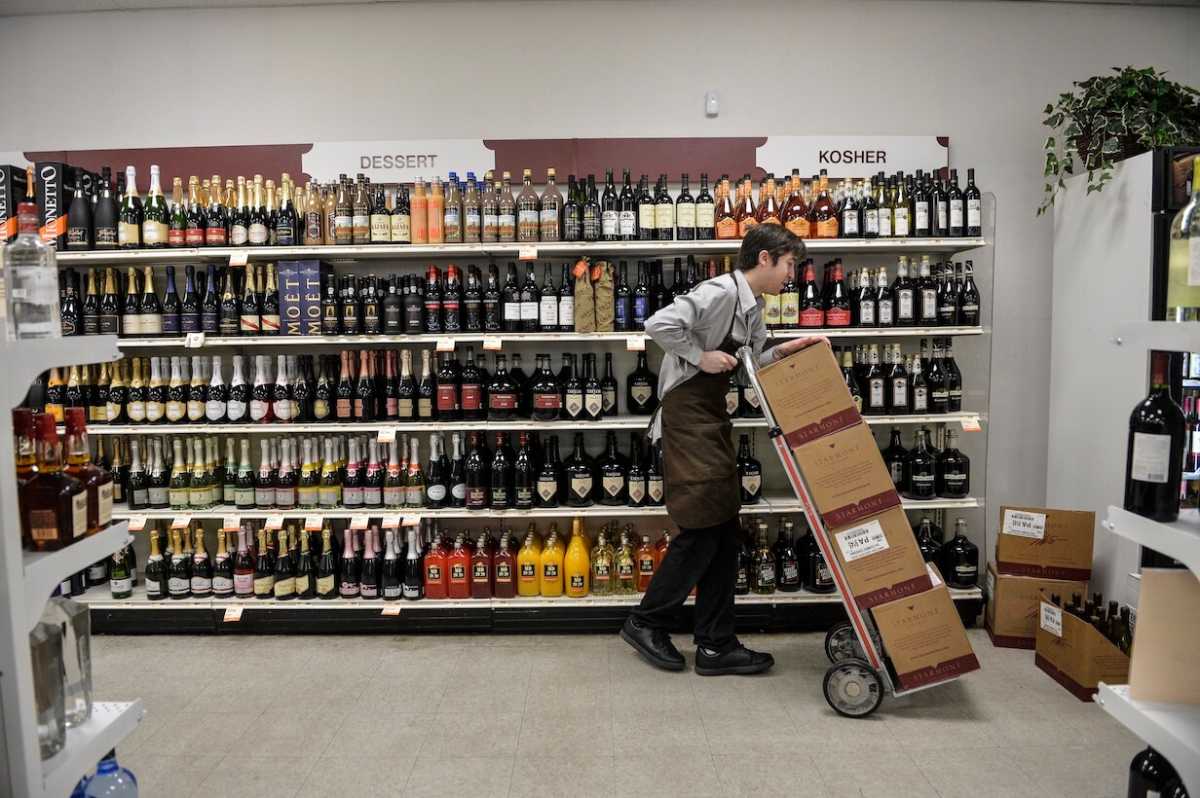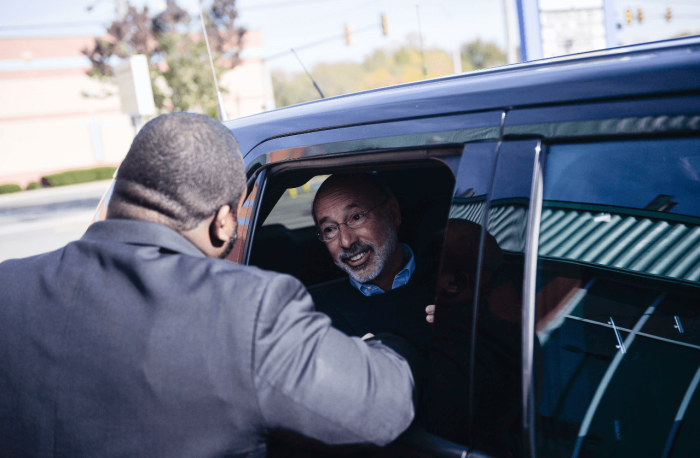The Pennsylvania House on Thursday voted 114 to 87 to privatize the state’s liquor stores on a party line vote. Does that mean we’re finally on our way getting rid of the system? Here’s a look at how the politics shake out: Republicans: Led by Mike Turzai, the conservative speaker of the Pa. House of Representatives, the GOP wants to abolish the state store system and sell licenses to private businesses, including existing beer distributors. They say this could lower alcohol prices and provide a one-time cash infusion of $1.1 billion. Democrats: fear the loss of 4,000 unionized jobs. They also worry about the impact of the loss of revenue the sale of alcohol provides to the state — about $126 million annually — would have on its budget. They have pushed a raft of measures to make the system more convenient. They propose extending state store hours and allowing wine distributors to ship their wares directly and allowing Pennsylvania to team up with other states that buy alcohol wholesale to increase buying power. The analyst: Franklin and Marshall University pollster Terry Madonna says that the state’s residents support privatization, but not enough to make it an issue they would change their choice of candidates for. “It’s not a vote-choice issue,” Madonna said. “There’s no intensity.” History: there have been privatization attempts under at least three different governors, including Dick Thornburg, who left office in 1987. The House passed a similar measure in March 2013, but it was never taken up by the state Senate. That last attempt occurred under Republican Governor Tom Corbett — who supported privatization but wasn’t willing to spend any political capital to get it done. If the state Senate were to somehow change course and vote on privatization, a veto by Democratic Gov. Tom Wolf looms. The result : history says the chances of anything getting done in this session are slim. The politics are dicey. “My guess is they’ll do nothing,” says Republican state Rep. Gene DiGiralamo, who represents a portion of Bucks County and is a rare GOP opponent of privatization.
Pa. House votes to privatize liquor sales

An employee inside a state-run liquor store.





























